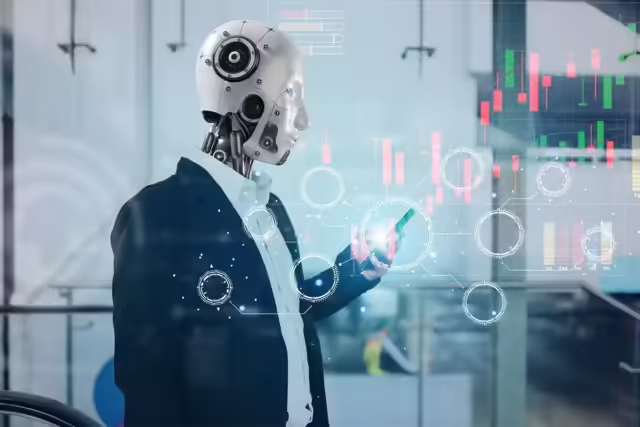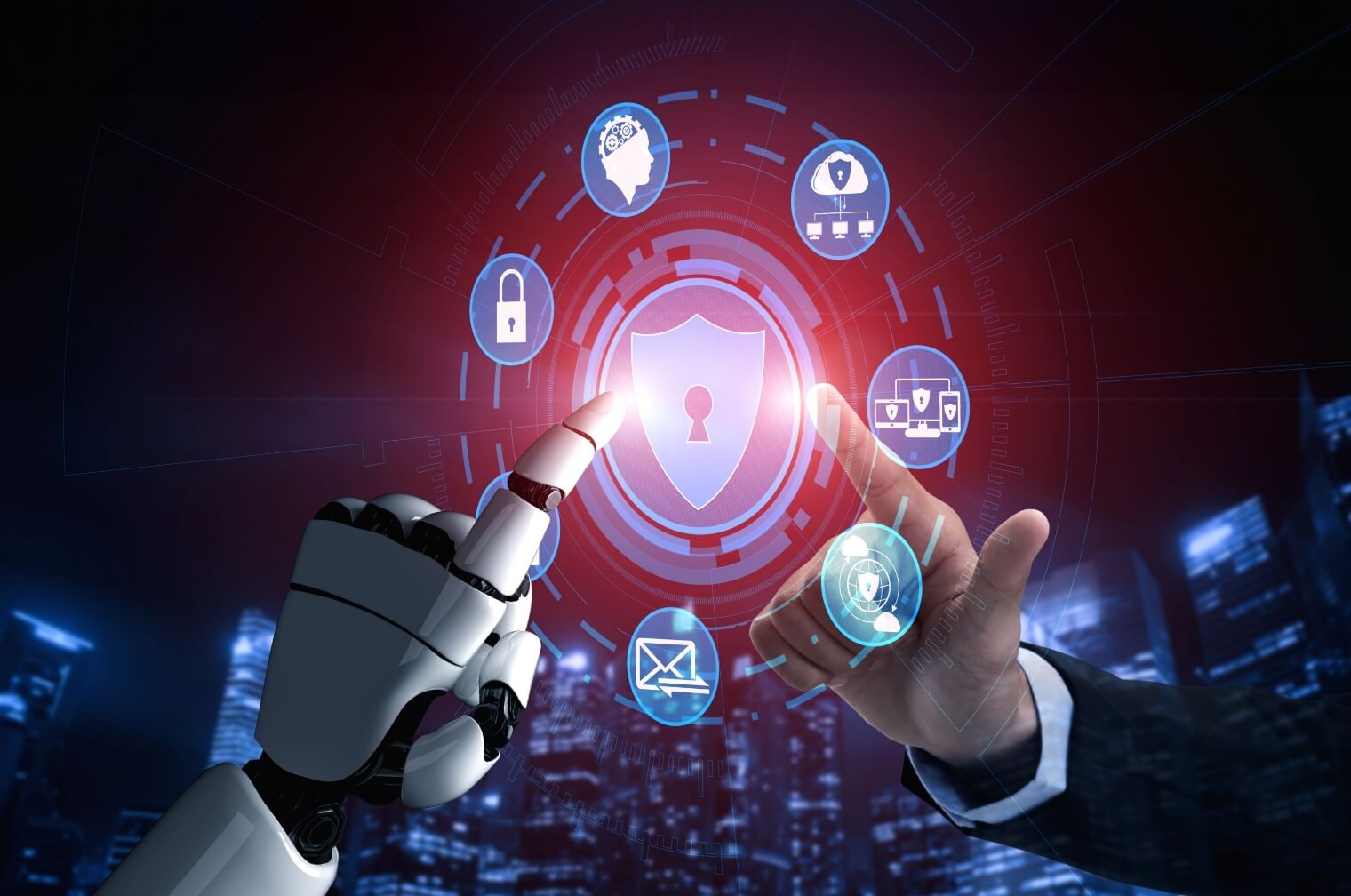Starting a new business venture comes with numerous challenges, and managing human resources (HR) is often one of the most demanding tasks. Fortunately, artificial intelligence (AI) can significantly streamline HR processes, enabling entrepreneurs to focus on core business activities while ensuring efficient workforce management. Here’s how AI can automate HR processes for new business ventures.

1. Streamlining Recruitment and Hiring
Recruitment is a time-consuming process, but AI can simplify it in several ways:
- Automated Resume Screening: AI-driven tools can analyze resumes and applications to identify the most qualified candidates based on predefined criteria. This reduces the time spent manually reviewing applications.
- Chatbots for Initial Screening: AI chatbots can engage with candidates, asking preliminary questions and scheduling interviews. This enhances the candidate experience and frees up HR personnel to focus on more critical tasks.
Example:
Platforms like HireVue use AI to assess candidates through video interviews, providing insights into their skills and suitability for the role.
2. Employee Onboarding Automation
AI can streamline the onboarding process for new hires, ensuring a smooth transition into the organization:
- Personalized Onboarding Programs: AI tools can create customized onboarding experiences based on the role and individual needs, ensuring new employees have access to relevant resources and training.
- Automated Documentation: AI systems can handle paperwork, ensuring that new hires complete necessary forms and compliance documents without manual intervention.
Example:
AI onboarding platforms like BambooHR can automate the document collection process and guide new hires through their initial training schedules.
3. Performance Management
AI can enhance performance management by providing data-driven insights and automating feedback processes:
- Real-Time Performance Tracking: AI tools can monitor employee performance in real time, providing managers with up-to-date information on individual and team productivity.
- Automated Feedback Systems: AI can facilitate continuous feedback by automating performance reviews and gathering input from peers and supervisors.
Example:
Performance management software like Lattice utilizes AI to help managers set goals, track progress, and provide timely feedback, ensuring employees stay aligned with business objectives.
4. Employee Engagement and Retention
AI can play a crucial role in monitoring employee engagement and improving retention rates:
- Sentiment Analysis: AI tools can analyze employee feedback and survey responses to gauge overall morale and identify potential issues before they escalate.
- Personalized Development Plans: AI can suggest personalized training and development opportunities based on employee interests and career aspirations, fostering a culture of growth and engagement.
Example:
Platforms like Glint use AI-driven sentiment analysis to assess employee engagement and provide actionable insights for HR teams to enhance workplace culture.
5. Payroll and Benefits Management
Automating payroll processes can save time and reduce errors:
- AI-Powered Payroll Systems: AI tools can automate payroll calculations, tax deductions, and benefits administration, ensuring employees are paid accurately and on time.
- Self-Service Portals: AI-driven self-service portals allow employees to access their payroll information, manage benefits, and make changes without HR intervention.
Example:
Payroll software like Gusto automates payroll processing and compliance, making it easier for new businesses to manage employee compensation.
6. Compliance and Risk Management
AI can help ensure compliance with labor laws and regulations:
- Automated Compliance Monitoring: AI systems can monitor changes in labor laws and automatically adjust HR policies and practices to remain compliant.
- Risk Assessment Tools: AI can analyze HR data to identify potential risks, such as high turnover rates or compliance issues, allowing businesses to take proactive measures.
Example:
AI-driven compliance platforms like Zenefits help businesses stay up to date with regulatory changes and ensure adherence to HR laws.
7. Data-Driven Decision Making
AI provides valuable insights that can inform strategic HR decisions:
- Analytics for Workforce Planning: AI tools can analyze workforce data to help businesses identify trends and forecast future hiring needs, ensuring that the right talent is in place when required.
- Diversity and Inclusion Analytics: AI can help organizations assess their diversity and inclusion efforts, providing insights to help create a more equitable workplace.
Example:
HR analytics platforms like Visier offer comprehensive insights into workforce data, enabling informed decision-making that aligns with business objectives.
8. Learning and Development Automation
AI can enhance learning and development initiatives:
- Personalized Learning Paths: AI systems can analyze employee performance and preferences to recommend tailored training programs that align with individual career goals.
- Automated Training Tracking: AI can track employee participation in training programs and provide managers with insights into skill development.
Example:
Learning management systems like Docebo leverage AI to deliver personalized learning experiences and track employee progress.
Conclusion
Incorporating AI into HR processes can significantly enhance efficiency and effectiveness for new business ventures. By automating recruitment, onboarding, performance management, payroll, and compliance, entrepreneurs can focus on strategic growth while ensuring a positive employee experience.


No responses yet